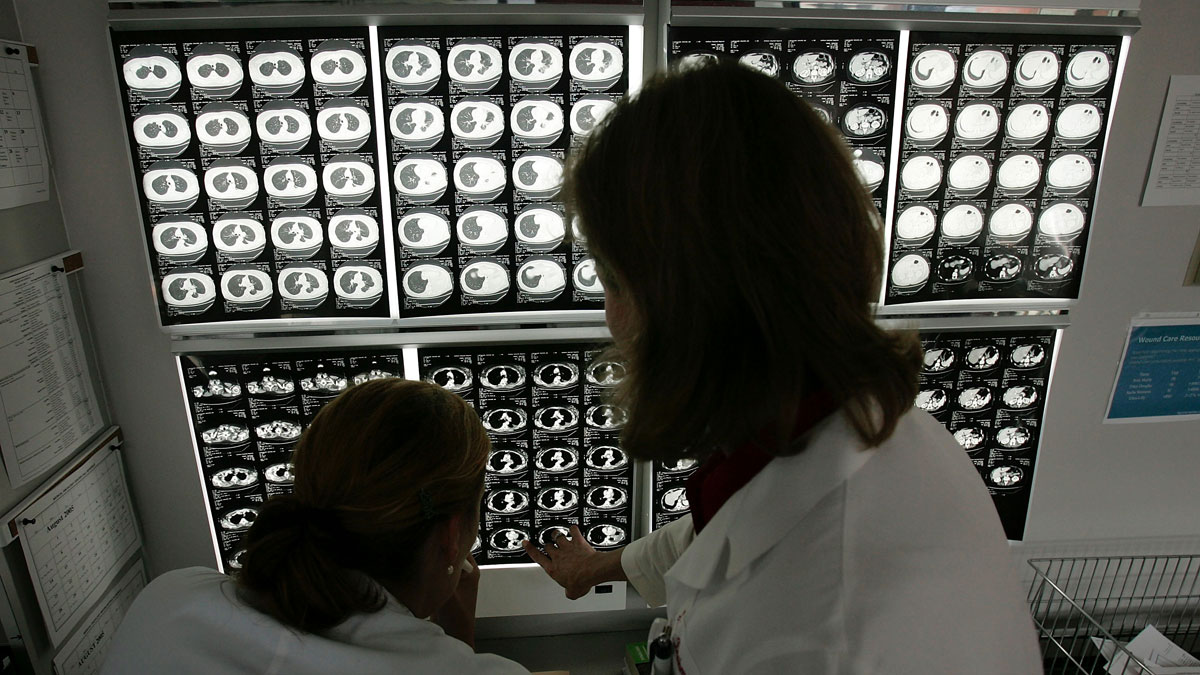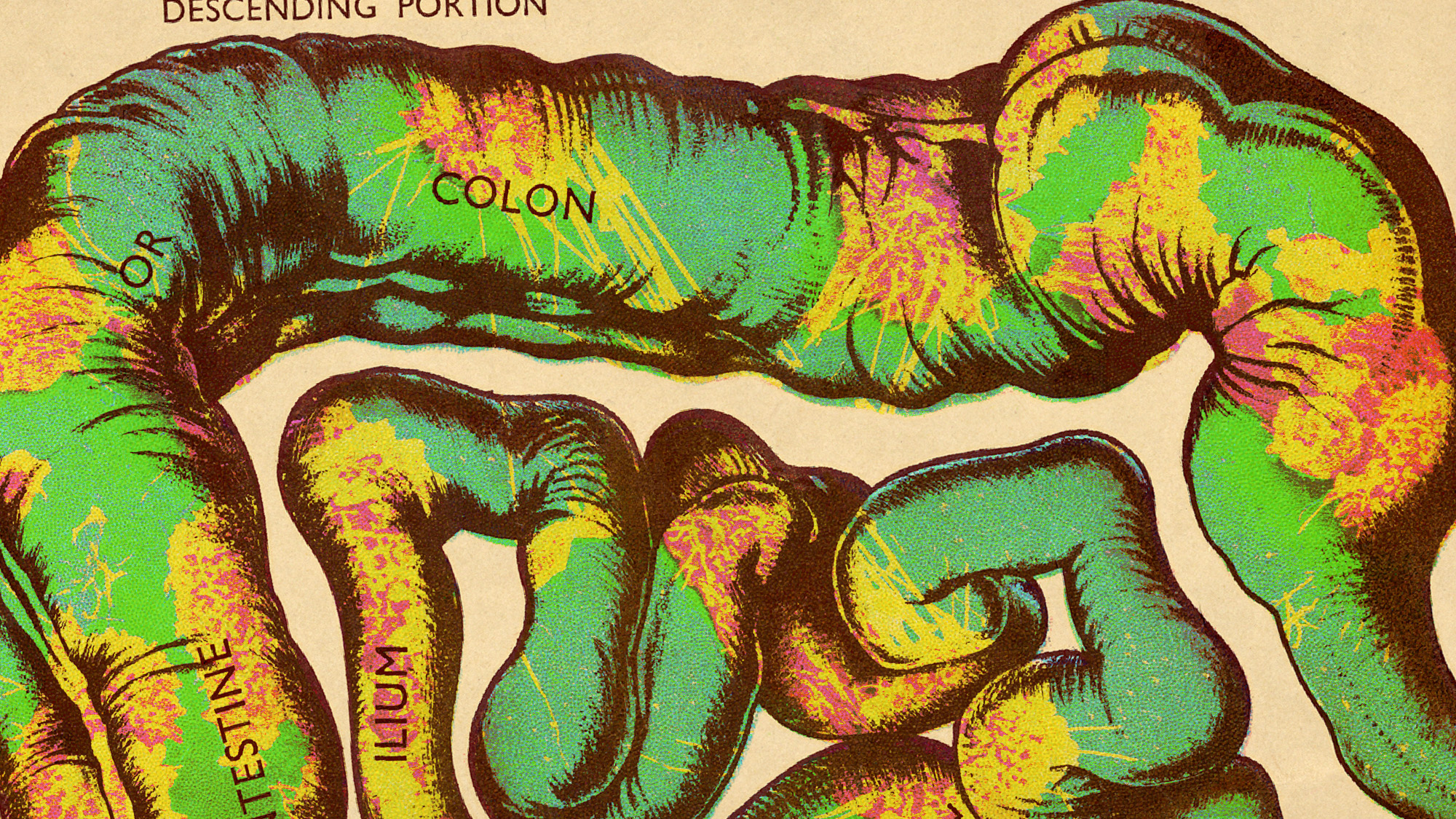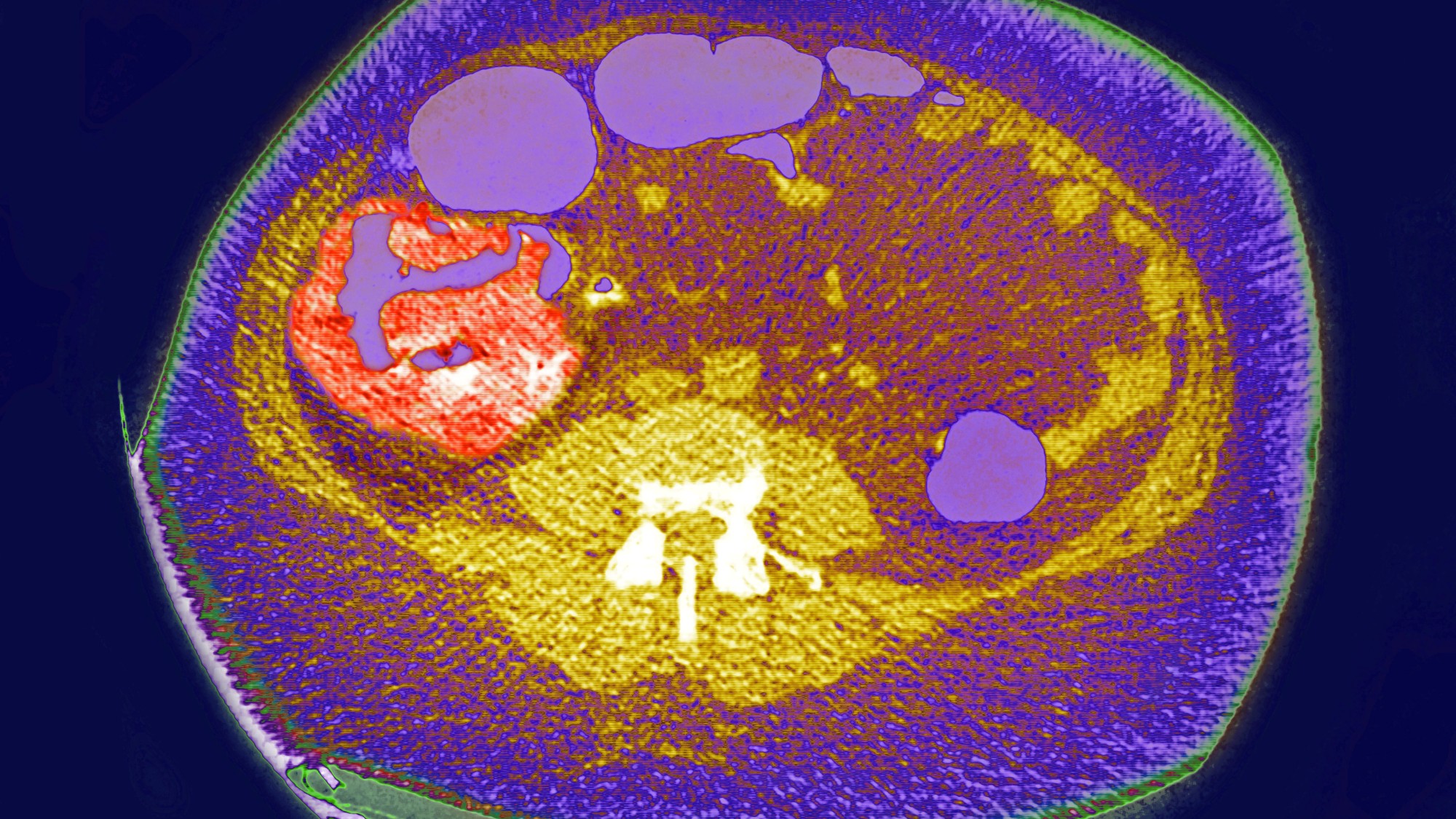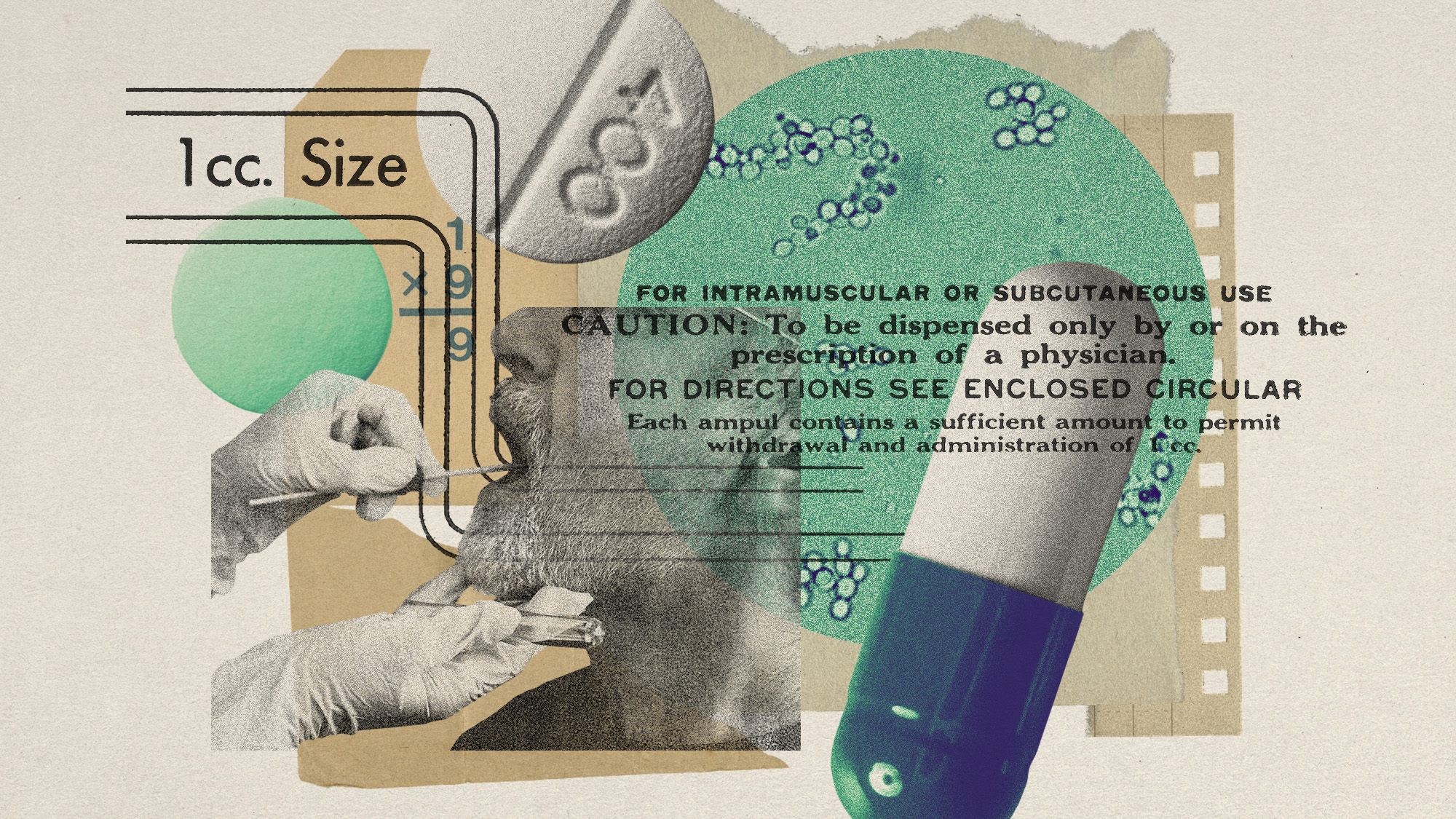Taller people more likely to develop cancer, say researchers
Swedish study reveals link between height and cancer - with women at greater risk than men

A free daily email with the biggest news stories of the day – and the best features from TheWeek.com
You are now subscribed
Your newsletter sign-up was successful
Taller people have an increased chance of developing cancer, according to the preliminary results of a study conducted by scientists at the Karolinska Institute in Sweden.
In the largest study of its kind, researchers analysed data from 5.5 million people born between 1938 and 1991, with heights ranging from 100cm (3ft 3in) to 225cm (7ft 6in).
They discovered that the risk of women developing cancer of any kind increased by 18 per cent for every 10cm of height. The increase was lower for men at 11 per cent.
The Week
Escape your echo chamber. Get the facts behind the news, plus analysis from multiple perspectives.

Sign up for The Week's Free Newsletters
From our morning news briefing to a weekly Good News Newsletter, get the best of The Week delivered directly to your inbox.
From our morning news briefing to a weekly Good News Newsletter, get the best of The Week delivered directly to your inbox.
However, lead researcher Dr Emelie Benyi stressed that the findings reflect cancer incidences on a population level. "As the cause of cancer is multifactorial, it is difficult to predict what impact our results have on cancer risk at the individual level," she said.
Scientists suggest that the link between height and the disease could be due to increased levels of growth hormone or because taller people simply have more cells in their bodies.
It is "very plausible" that the risk of cancer is related to cell number, said Professor Dorothy Bennett, who teaches at University of London and was not involved in the study.
"A cancer arises by mutations from a single normal cell. Bigger people have more cells (not bigger cells)," she told the BBC. "So melanoma risk, for example, might be expected to increase with surface area (amount of skin), which is related to the square of height."
A free daily email with the biggest news stories of the day – and the best features from TheWeek.com
But cancer charities have warned that the study did not consider many of the risk factors, such as smoking, high alcohol consumption and an unhealthy diet.
"Whatever your height, there are lots of things you can do to reduce the risk of cancer," said Sarah Williams, health information manager at Cancer Research UK.
"Not smoking, cutting down on alcohol, eating healthily, being active, having a healthy weight and enjoying the sun safely can each help you stack the odds against the disease."
-
 6 exquisite homes with vast acreage
6 exquisite homes with vast acreageFeature Featuring an off-the-grid contemporary home in New Mexico and lakefront farmhouse in Massachusetts
-
 Film reviews: ‘Wuthering Heights,’ ‘Good Luck, Have Fun, Don’t Die,’ and ‘Sirat’
Film reviews: ‘Wuthering Heights,’ ‘Good Luck, Have Fun, Don’t Die,’ and ‘Sirat’Feature An inconvenient love torments a would-be couple, a gonzo time traveler seeks to save humanity from AI, and a father’s desperate search goes deeply sideways
-
 Political cartoons for February 16
Political cartoons for February 16Cartoons Monday’s political cartoons include President's Day, a valentine from the Epstein files, and more
-
 The truth about vitamin supplements
The truth about vitamin supplementsThe Explainer UK industry worth £559 million but scientific evidence of health benefits is ‘complicated’
-
 Covid-19 mRNA vaccines could help fight cancer
Covid-19 mRNA vaccines could help fight cancerUnder the radar They boost the immune system
-
 Deadly fungus tied to a pharaoh's tomb may help fight cancer
Deadly fungus tied to a pharaoh's tomb may help fight cancerUnder the radar A once fearsome curse could be a blessing
-
 'Poo pills' and the war on superbugs
'Poo pills' and the war on superbugsThe Explainer Antimicrobial resistance is causing millions of deaths. Could a faeces-filled pill change all that?
-
 The Y chromosome degrades over time. And men's health is paying for it
The Y chromosome degrades over time. And men's health is paying for itUnder the radar The chromosome loss is linked to cancer and Alzheimer's
-
 A bacterial toxin could be contributing to the colorectal cancer rise in young people
A bacterial toxin could be contributing to the colorectal cancer rise in young peopleUnder the radar Most exposure occurs in childhood
-
 Why are more young people getting bowel cancer?
Why are more young people getting bowel cancer?The Explainer Alarming rise in bowel-cancer diagnoses in under-50s is puzzling scientists
-
 Five medical breakthroughs of 2024
Five medical breakthroughs of 2024The Explainer The year's new discoveries for health conditions that affect millions